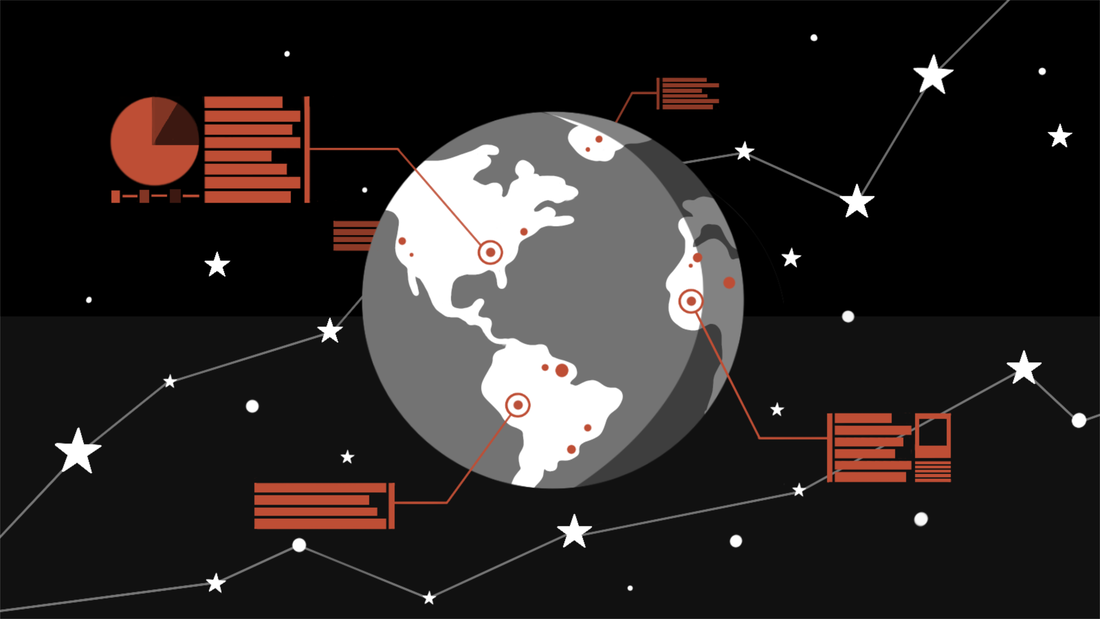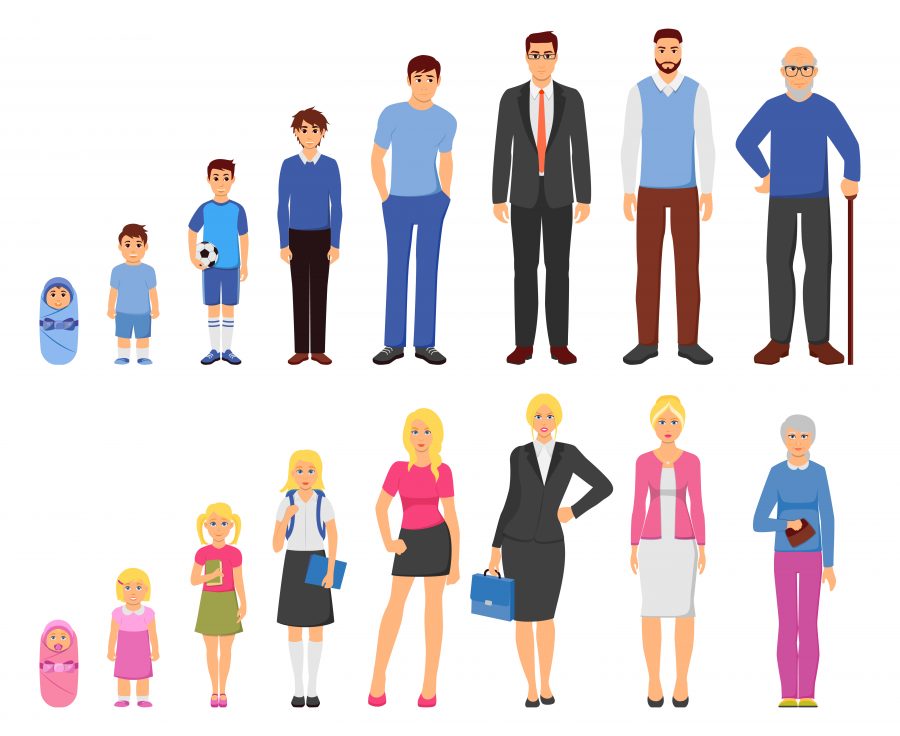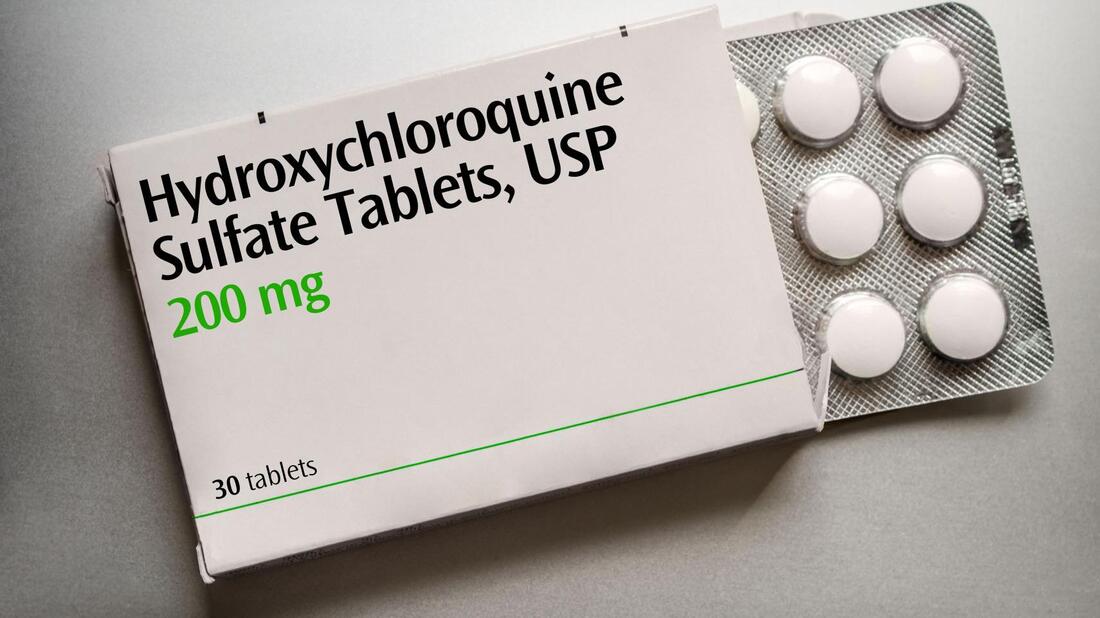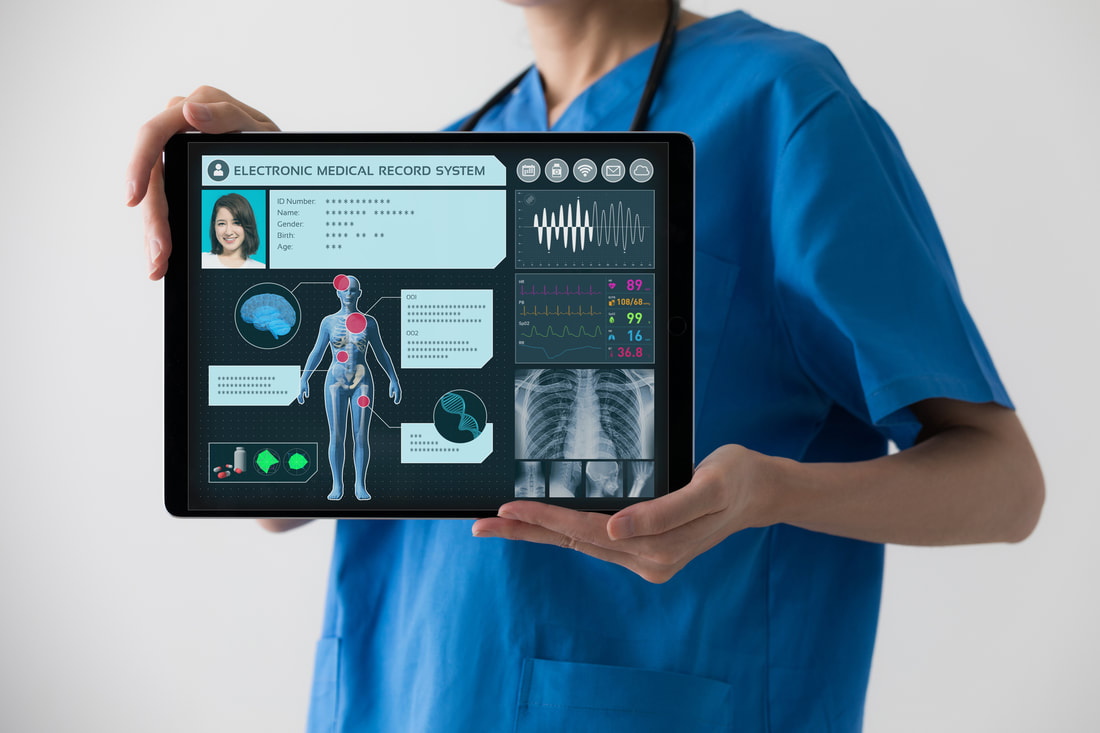|
Interview by: Hannah Lin (CC '23)
The following is a heavily condensed version of the full interview. If you're interested, read more here. Can you describe your COVID research at the moment? I’ll talk about the international one first: OHDSI [pronounced odyssey]—Observational Health Data Sciences and Informatics—is an international collaboration with 300 researchers, 30 countries, 600 million unique patients in our federated database. Columbia University is the coordinating center for OHDSI, and I’m the director of that coordinating center. We were actually supposed to run our annual European symposium at Oxford in the UK just as everything was shutting down, so we turned it into a virtual symposium. It turned into a study-a-thon (like a hackathon to do a study). We spent four days straight, 24 hours a day, working on COVID research, and that is what got us started. There are three things we do in OHDSI for COVID research:
2. Population-level estimation
What role does obesity play? Are older people getting sick because they have chronic diseases or are people with chronic disease getting sick because they’re older, or is it both things independently? Once you start asking questions about what is causing an effect, then you move away from characterization to population-level estimation. This includes risk factors and treatment effects. 3. Patient-level prediction Given my personal risk factors, what’s my risk of being infected? What’s my risk of severe complications? This can be used to decide if it is safe for someone at the hospital to go home.
We’re also doing Columbia-specific studies. We published a characterization study on Columbia patients, where we found a couple things:
Would you say that COVID-19 has shifted any of your goals or thoughts about the health record system dramatically? Electronic health records have been in the news in recent years because of their increased use and the burden they place on providers. In the setting of COVID-19, they were in even more of a hurry than usual, and that probably limited the ability to document things in some ways, so improving electronic health records to reduce the documentation burden would be very useful.
Are there any common misconceptions about COVID-19 that you’d like to respond to? The idea that if you’re young, you’re safe is not quite true. With influenza, if you’re young, you’re not completely safe even then. With COVID-19, if you’re young, you’re even less safe. Most people who are young do fine, but not everyone, unfortunately. What is your perspective on the future? For our work, we’ve learned a lot about how to analyze patients with COVID-19 as opposed to outpatients who, say, have hypertension and started a drug and see how it goes over the course of a year. Now we’re learning how to do the same kind of research, but on patients who come in, and in a day, this happens, and in two days, that happens, because things are happening much more acutely. We need more work on how to do well in this acute setting. And the importance of having these electronic data is just being further verified.
0 Comments
Your comment will be posted after it is approved.
Leave a Reply. |






